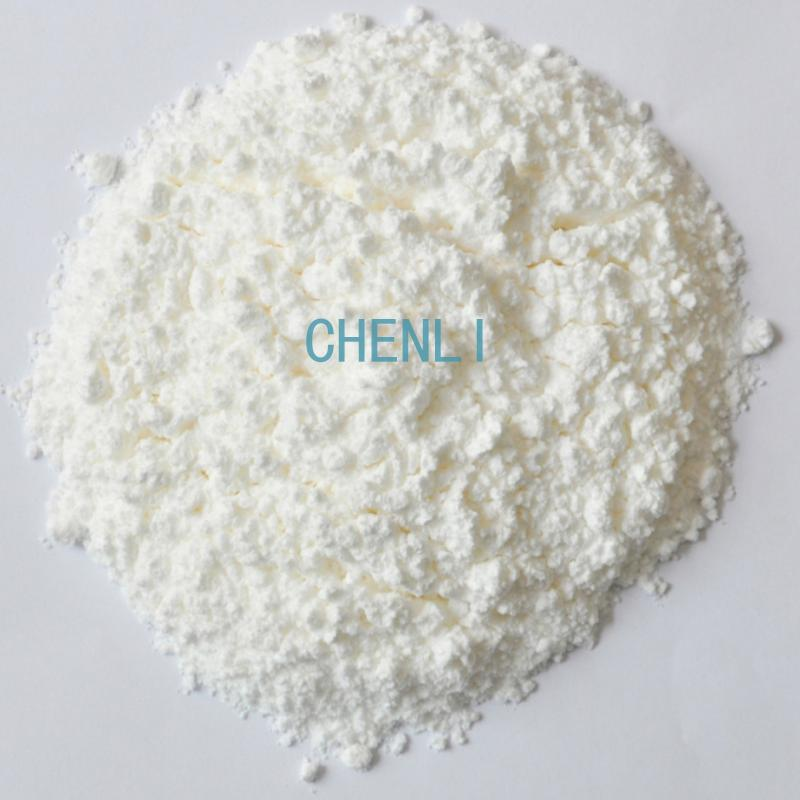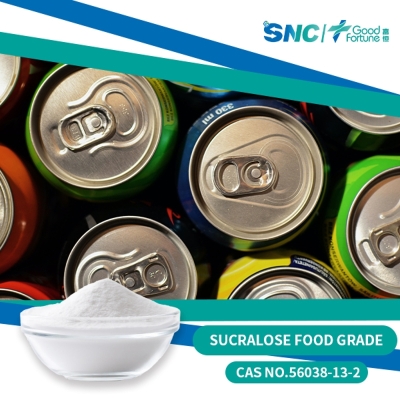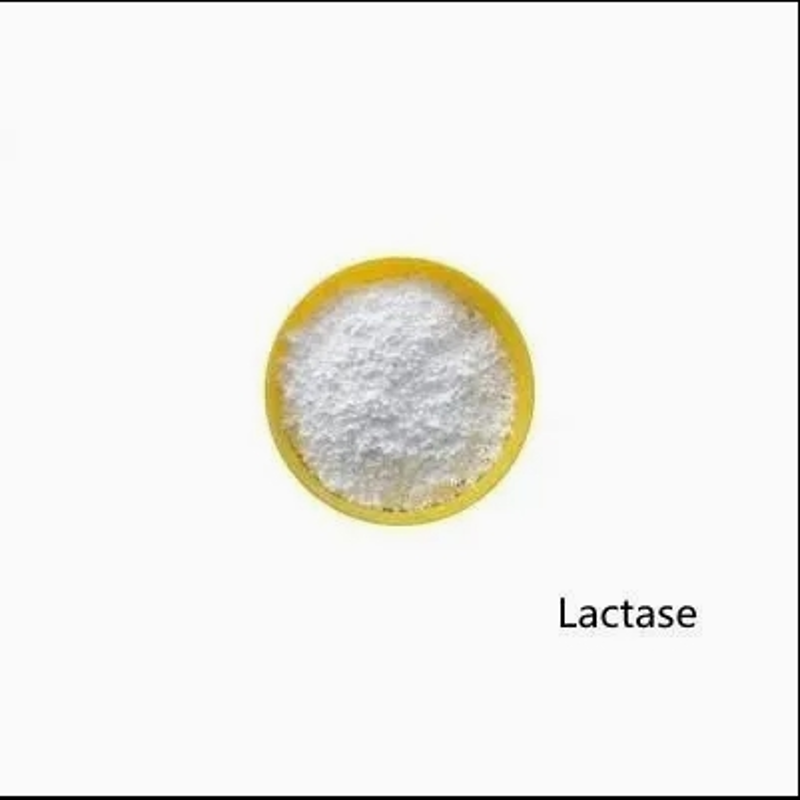-
Categories
-
Pharmaceutical Intermediates
-
Active Pharmaceutical Ingredients
-
Food Additives
- Industrial Coatings
- Agrochemicals
- Dyes and Pigments
- Surfactant
- Flavors and Fragrances
- Chemical Reagents
- Catalyst and Auxiliary
- Natural Products
- Inorganic Chemistry
-
Organic Chemistry
-
Biochemical Engineering
- Analytical Chemistry
-
Cosmetic Ingredient
- Water Treatment Chemical
-
Pharmaceutical Intermediates
Promotion
ECHEMI Mall
Wholesale
Weekly Price
Exhibition
News
-
Trade Service
Beet growers in the UK have recently been granted an emergency mandate to use a banned pesticide this spring to protect their crops from "very serious diseases."
Biscaya is a niacin pesticide used to kill aphids and beetles that spread crop diseases and contains the active ingredient python.
the European Union will ban niacin agro-chemicals because of concerns that the pesticides could harm bees.
Biscaya has previously been approved in the UK for crops such as potatoes, rape, cabbage and soybeans without permission to use beets, but beet growers believe the pesticide helps fight the devastating disease of infected crops - beet yellowing.
farmers say the risk of crop infection this year will be high after a warm winter, when new nicotine seed treatment agents have been banned.
As a result, British Sugar and NFU Sugar, with the support of the Norwich-based British Beet Research Organisation (BBRO), have obtained emergency authorization from the Department for Environment, Food and Rural Affairs (DEFRA) to use Biscaya on beets this spring.
Sly, chairman of the board of directors of NFU Sugar, is a farmer from the Marshes of eastern England.
said: "We are delighted to receive this approval as the UK beet crop faces a major disease challenge this year from viral yellowing disease.
because of the high temperatures of the past winter and the lack of frost, the incidence of Rotamsted viral yellowing disease is projected to pose a significant risk to crops this year.
this emergency mandate will help provide some protection to growers against the threat of viral yellowing in a limited and targeted manner.
between 2 April and 31 July, growers are allowed to use Biscaya on beets in two low-dose applications.
addition, growers of other crops have 10 months to use Biscaya, which will be banned thereafter.
pesticide has always been one of the most important products for pest control.
This pesticide is produced by Bayer and approved for the prevention and treatment of aphids and beetles in crops such as broccoli, sprouts, cabbage, broccoli, carrots, European radish, peas, broad beans, potatoes and rape.
After the EU decided in January not to approve the active ingredient python, the Chemicals Regulatory Agency (CRD) confirmed that it would not allow the sale of products containing pythons after August 3 and required farmers to use up all remaining stocks by February 3, 2021.







